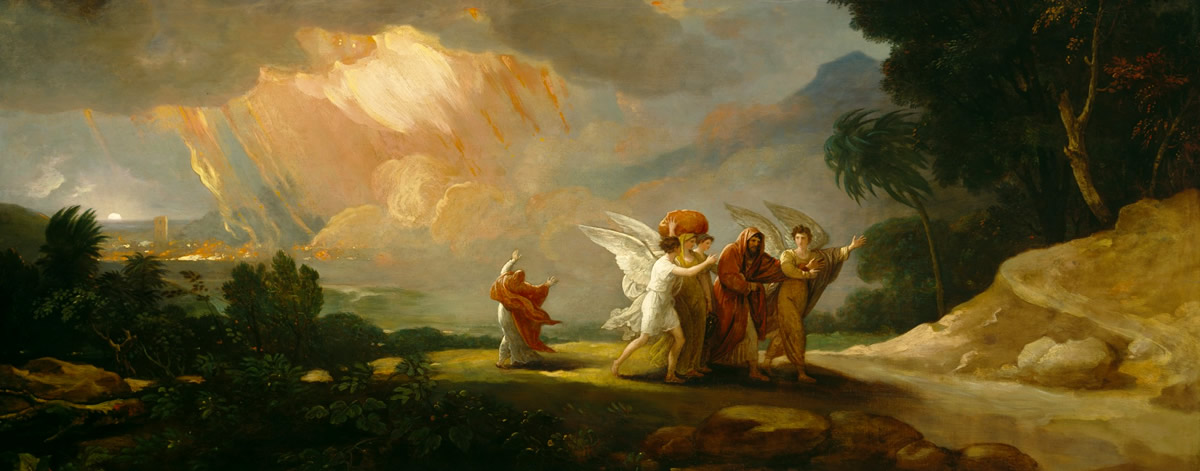The Question the Bible Says Not to Ask

Most of the Christians I know would agree with these four statements. (I would too.)
The pulpit of this day is weak in praying. The pride of learning is against the dependent humility of prayer. Prayer is with the pulpit too often only official — a performance for the routine of service. Prayer is not to the modern pulpit the mighty force it was in Paul’s life or Paul’s ministry. Every preacher who does not make prayer a mighty factor in his own life and ministry is weak as a factor in God’s work and is powerless to project God’s cause in this world.
In many churches Christianity has been watered down until the solution is so weak that if it were poison it would not hurt anyone, and if it were medicine it would not cure anyone!
The true gospel emphasizes filling people with God. Modern religion focuses upon filling churches with people.
There is a condition which has existed in the Church for some years and is steadily growing worse. I refer to the loss of the concept of majesty from the popular religious mind. The Church has surrendered her once lofty concept of God and has substituted for it one so low, so ignoble, as to be utterly unworthy of thinking, worshipping men. This she has done not deliberately, but little by little and without her knowledge; and her very unawareness only makes her situation all the more tragic.
Would it be surprising to learn that the first is from E.M. Bounds in 1907, and the others are from A.W. Tozer in the middle of the 1900s — more than half a century ago?
How about the beginning of this editorial from 1957?
Millions of hopeful words have been written in thousands of publications pleading that Christ be put back into Christmas
I regularly hear that our churches and our country aren’t what they used to be. There is this idea that at some point in the past, things were much better than they are today. Our pastor spoke the truth recently, though: “Yes, there are many things that aren’t as good as they used to be, but let me tell you something: We’ve never had it as good as we have it today.”
We Love to Look Back
Human nature hasn’t changed since the beginning of time. You realize that when you read the stories in the Bible of people who lived thousands of years before us. Vastly different context. Same exact behavior.
One of those behaviors is that we always remember the past much more fondly than it actually was. The Romans referred to it with the phrase “memoria praeteritorum bonorum” (roughly, “the past is always well remembered”), and the flaw has been well-documented in our time.
It’s why the Preacher in Ecclesiastes 7:10 tells us:
Don’t say, “Why were the old days better than these?” For it is not wise to ask such questions.
In Numbers 21:4-9, God instructed Moses to make a bronze snake for the people to look upon to be healed from the poisonous snakes God had sent among them as punishment. As we would have done, the Israelites kept the bronze serpent as a reminder of what God had done. Fast forward 750 years, though, and we find that the Israelites are worshiping it.
When God works, it’s so easy to transition from remembering the work to worshiping the work — to transition from loving the tradition and allowing it to honor God to following the tradition instead of God.
My wife shared a quote from “Call the Midwife” that sums it up so well: “There is much of value in the old ways, but one must not become like Lot’s wife, frozen in the act of looking backwards.”
God is always on the move and is always inviting us to join him. Let’s be wary of imagining how good our lives used to be and enjoy the new work he is doing today.